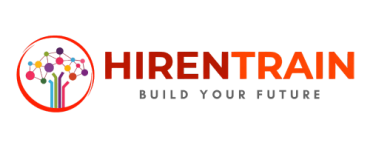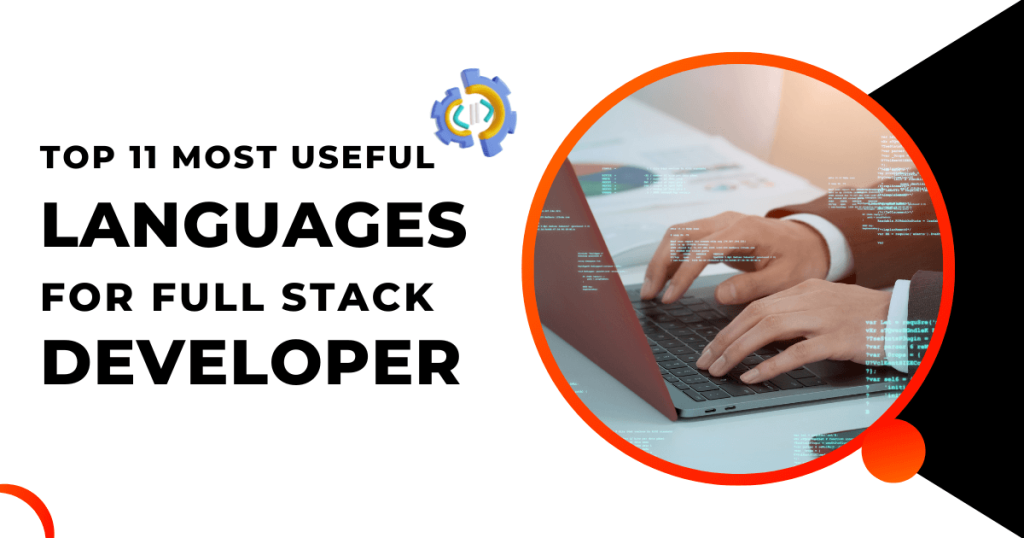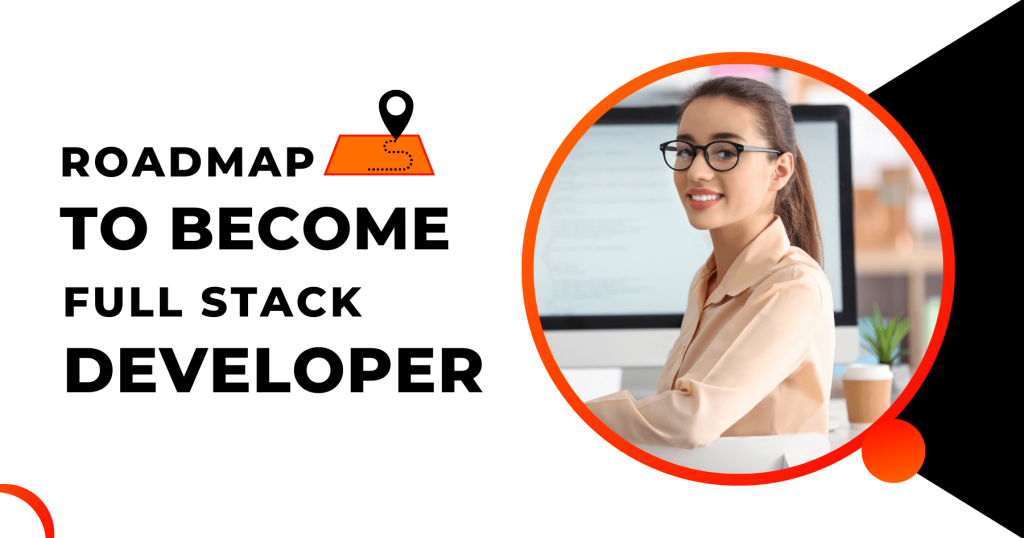Top 10 Universities in Ireland : Ranking, Courses & Fees 2025
If you’re even thinking about studying in Ireland, honestly, you’re already on a smart path. Ireland has quietly become one of the best places for Indian students – and no, not just because of the pretty countryside or castles (though those don’t hurt). It’s because the universities are world-class, the people are genuinely friendly, and you can actually stay back and work after you graduate – which, let’s be real, is a big deal. In this blog, I’ll break down the Top 10 Universities in Ireland for Indian students, how much you’ll be shelling out, and what kind of courses are hot right now. I’m not gonna sugarcoat anything – just real talk. Let’s go. Why Are So Many Indian Students Choosing Ireland? Here’s the simple version : English-speaking country — no extra language drama. Post-study work visa — 2 years to find your dream job after you graduate. Home to all the tech giants — Google, Apple, Facebook, Amazon… they’re all hiring in Ireland. Education quality — Top-notch, respected globally. Student-friendly — Easy part-time work, chill lifestyle, lots of Indian students already there. Honestly, once students hear about the 2-year stay-back visa, they’re pretty much sold. Top 10 Universities in Ireland for Indian Students (With Fees & Courses) Alright, here’s the good stuff. (Fees are rough estimates converted into Indian Rupees — because thinking in lakhs just makes life easier, right?) University Ranking Approx. Fees (₹) Best Courses University College Dublin (UCD) 1st ₹10 L – ₹56 L/year Business Analytics, Engineering, Computer Science, Finance Trinity College Dublin (TCD) 2nd ₹6 L – ₹52 L/year Medicine, Law, Computer Science, Arts University College Cork (UCC) 3rd ₹9 L – ₹47 L/year Pharmacy, Business, Engineering, Law University of Galway 4th ₹8 L – ₹47 L/year Data Science, Biomedical, Law, Humanities Dublin City University (DCU) 5th ₹8 L – ₹24 L/year Business, Journalism, Computing, Communications University of Limerick (UL) 6th ₹7 L – ₹26 L/year Engineering, Healthcare, Business Studies Maynooth University 7th ₹4.5 L – ₹24 L/year Finance, Arts, Data Science, Psychology Royal College of Surgeons in Ireland (RCSI) 8th ₹55 L/year Medicine, Pharmacy, Nursing Technological University Dublin (TU Dublin) 9th ₹4.3 L – ₹21 L/year Engineering, Architecture, Computing Dublin Business School (DBS) 10th ₹5.7 L – ₹14 L/year Business, Marketing, Accounting, Media Studies Quick tip: If you’re into Medicine or Healthcare, RCSI is gold. If you’re looking for affordable options, TU Dublin and DBS are super popular among Indian students. Which Intake Should You Target? Ireland mostly runs on two intakes: Fall (September/October) — Bigger, better, more options. Spring (January/February) — Smaller intake, limited courses. Most students gun for Fall. If you want scholarships, smoother visa timelines, and the full course catalog open — start preparing a year early. Example: If you’re aiming for September 2025, start shortlisting and applying by August-December 2024. (Yeah, I know it feels early. But trust me, you don’t wanna be that guy rushing last-minute for visa appointments.) What’s the Total Cost of Studying in Ireland? Let’s talk numbers. Tuition Fees (per year): Public Universities: €14,000 – €21,000 Private Colleges: €12,000 – €14,000 Institutes of Technology (IOTs): €10,000 – €12,500 Living Costs (approximate monthly): Accommodation: €600 – €1,200 Food: €250 – €350 Transport: €65 – €85 Other expenses: €150 – €200 So, all-in-all, you’re looking at around €10,000 – €18,000 extra per year beyond tuition for living costs. Pro tip : Many students share apartments (especially in Dublin, because rents are crazy high). It cuts costs massively. Scholarships for Indian Students – Worth Trying? YES. Even if you think you won’t get one – apply. Some scholarships you should definitely check out: UCD Global Excellence Scholarships Trinity College Dublin Scholarships Government of Ireland International Education Scholarships Narotam Sekhsaria Scholarships (India-based) JN Tata Endowment Loan Scholarship Universities in Ireland are way more generous with scholarships compared to some other countries. And many don’t even need a separate application – your main admission application gets considered automatically. Can You Work Part-Time in Ireland? Short answer: Yes. During classes: 20 hours per week During holidays (summer, Christmas): 40 hours per week And Ireland has decent minimum wages (around €11-€12/hour), so even part-time work can help you cover basic living expenses. A lot of students work in cafes, restaurants, libraries, even office assistant jobs. No shame – it builds character and a bank balance. After Graduation: Can You Stay and Work? YES. Ireland has a stay-back visa program: Bachelor’s degree students: 1 year post-study work visa Master’s degree students: 2 years post-study work visa This gives you a legit chance to find a full-time job, switch to a work permit, and eventually even apply for PR. Big recruiters? Google, Facebook, Accenture, Intel, Pfizer, and tons more. Honestly, the Ireland job market for tech, pharma, finance, and healthcare grads is booming right now. Final Thoughts: Is Ireland Really Worth It? If you’re looking for : A solid degree respected worldwide A clear path to work opportunities A safe, welcoming environment A real shot at PR down the road Ireland is 100% worth putting on your shortlist. Sure, it’s not cheap – but it’s nowhere near the crazy costs of the US or UK. And the return on investment is real if you hustle during and after your studies. If you’re serious about it, start prepping early. And hey, if you ever need advice, course guidance, or just a reality check – feel free to reach out. Always happy to help.
Top 10 Universities in Ireland : Ranking, Courses & Fees 2025 Read More »










